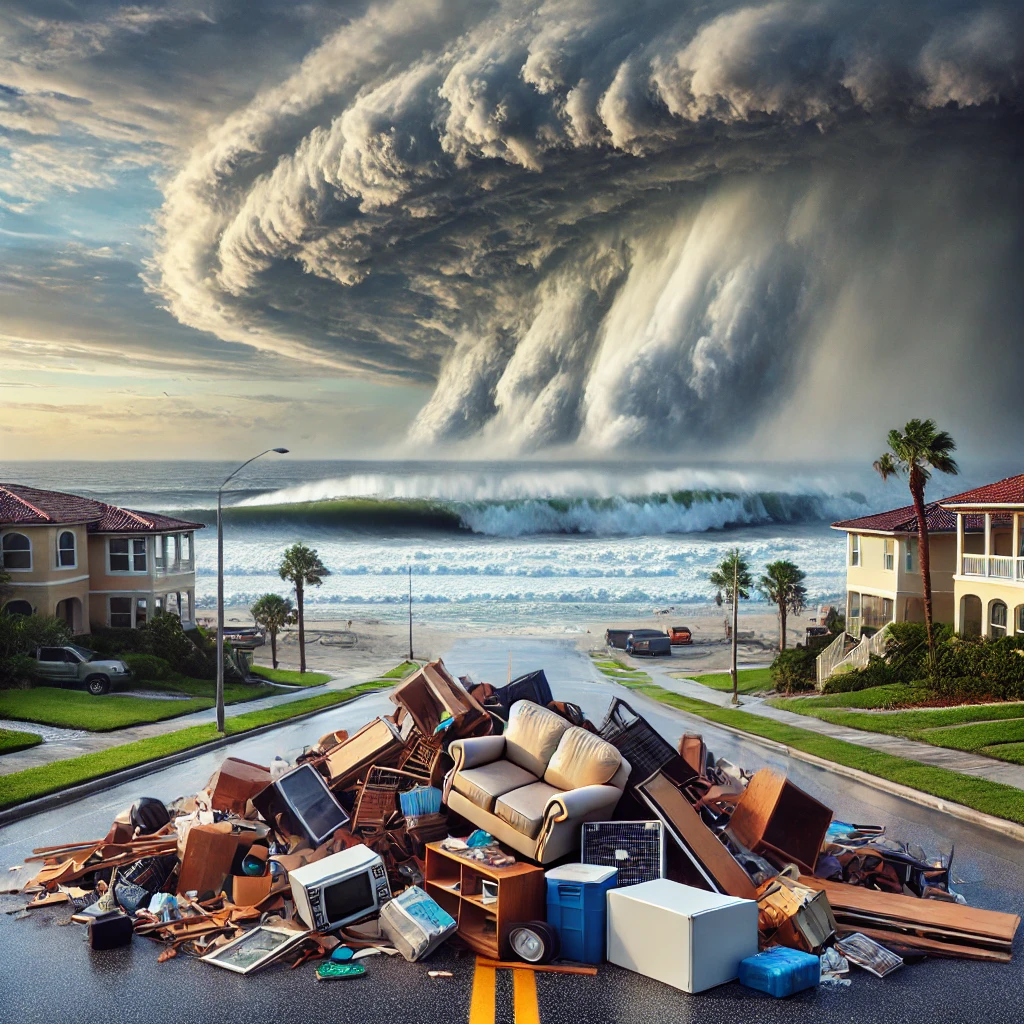As Hurricane Milton advances toward Florida, concerns are growing over the devastation it could bring, not just from the storm itself, but from the debris left over from Hurricane Helene. Less than two weeks ago, Helene swept through Florida, leaving destruction in its wake. Although the Gulf communities avoided a direct hit, the storm’s vast size caused significant damage across the state. Now, with Milton projected to reach Florida as early as Wednesday, the danger posed by unrecovered debris is adding another layer of risk.
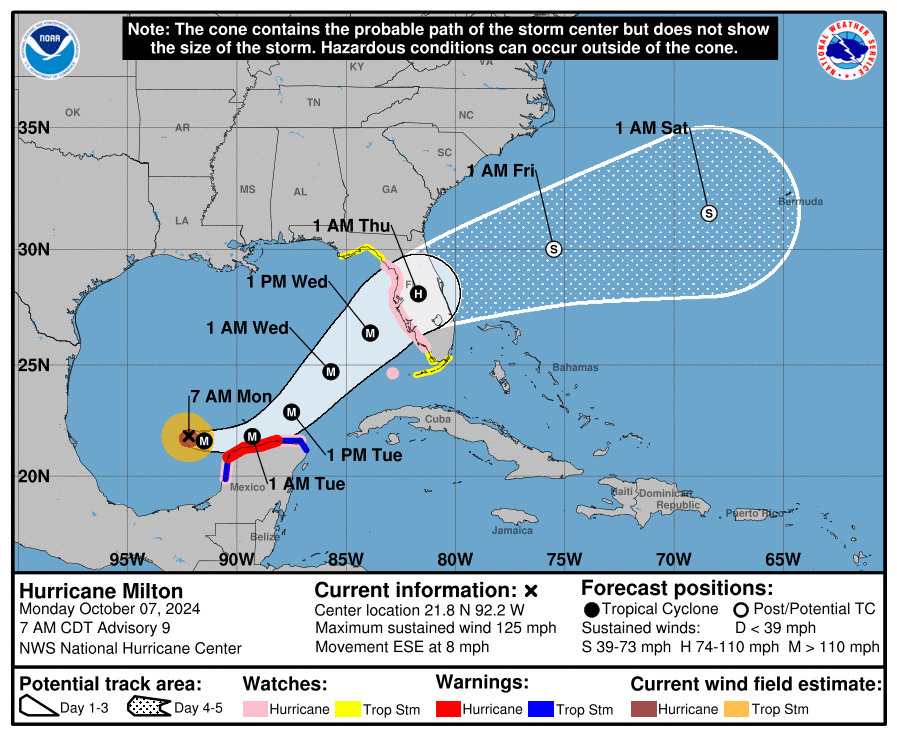
The National Hurricane Center forecasts that Hurricane Milton, currently a Category 4 storm, will likely weaken before making landfall in Florida on Wednesday afternoon. However, this weakening offers little relief, as Milton is expected to bring torrential rain, dangerous storm surges up to 10 feet, and widespread flooding. Areas from Tampa to Fort Myers face life-threatening conditions, and the entire Florida Peninsula is bracing for impact.

The uncertainty surrounding Milton’s exact path does little to ease concerns, as the storm’s effects are expected to stretch far beyond the immediate landfall zone. Governor Ron DeSantis emphasized the broad reach of the storm during a recent press conference, warning that the entire Peninsula and west coast could face severe impacts due to the storm surge.
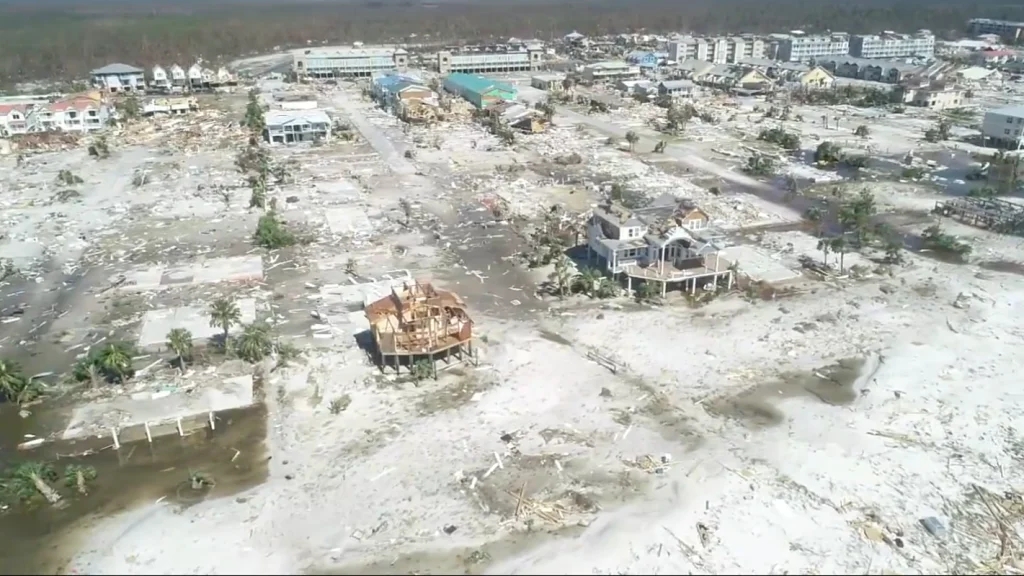
While the threat from storm surge and flooding is significant, a new hazard is emerging: debris from Hurricane Helene. After Helene swept through the state, countless homes were damaged, leaving the remnants of people’s lives—furniture, appliances, and electronics—piled up on the streets, waiting for removal. These piles of debris, largely untouched due to the short interval between storms, pose a serious threat as Hurricane Milton approaches. High winds and storm surges could turn this debris into deadly projectiles. Large items such as tables and couches could be swept up in the storm, smashing into homes and businesses, compounding the damage and making recovery even more difficult.
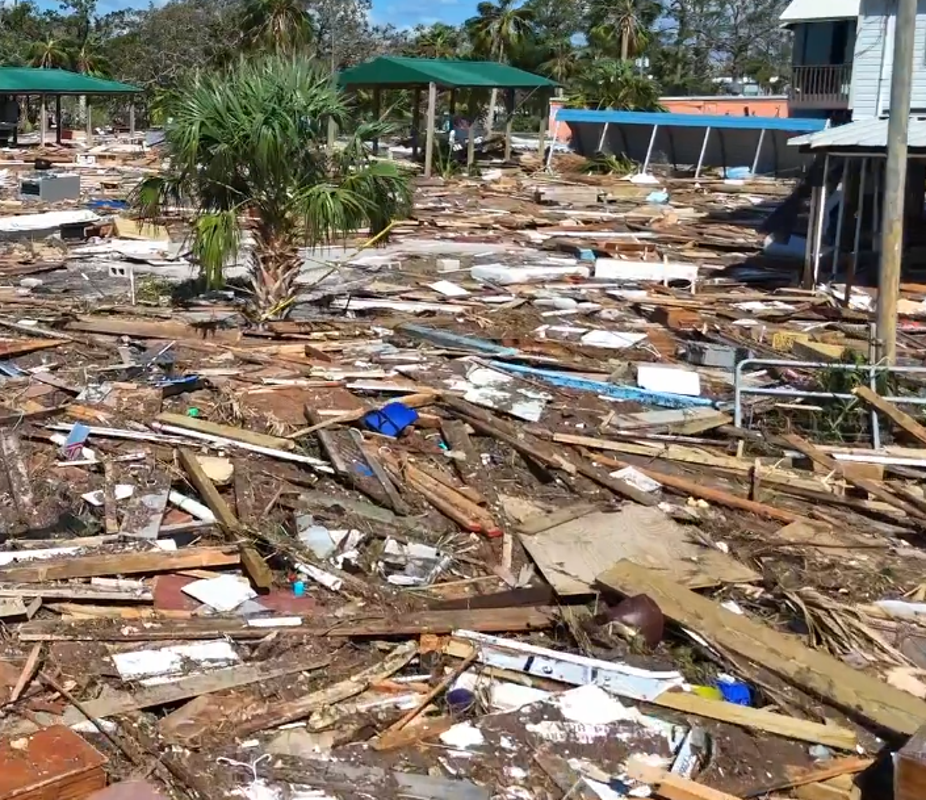
“When water comes in, it just pushes everything—it’s like a wall. So it’s going to be a big problem if the debris doesn’t get picked up,” warned Senator Rick Scott, who oversaw Florida’s response to numerous hurricanes during his time as governor. With piles of unsalvageable belongings lining the streets, the state faces a unique risk that intensifies the challenges of storm preparation.
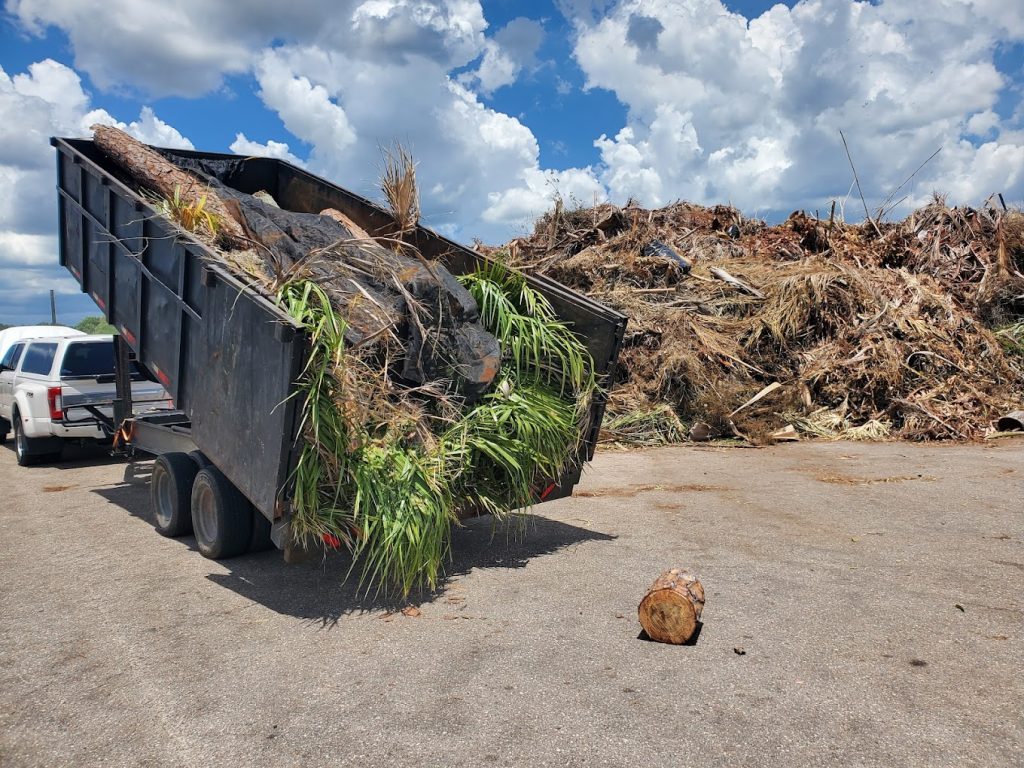
In response to the looming threat, Governor DeSantis has mobilized state resources to expedite debris removal. Landfills have been ordered to remain open 24 hours a day, and the Florida National Guard, along with state guards, have been deployed to assist in clearing streets.
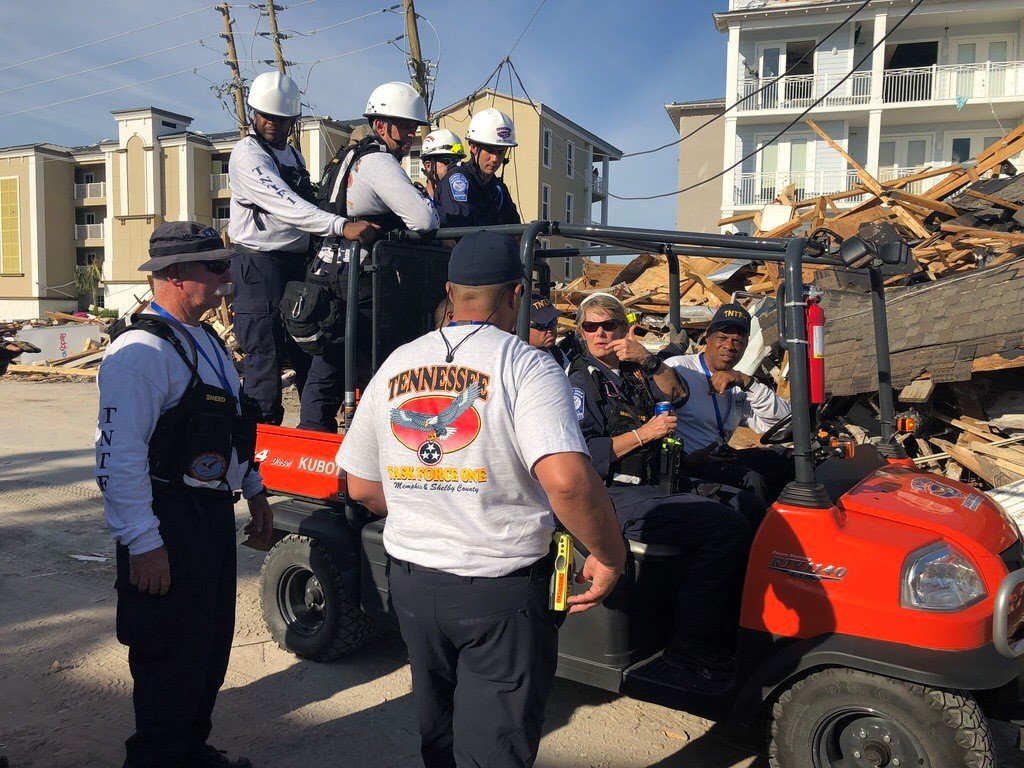
However, with many first responders already deployed to assist with storm recovery in neighboring states, resources are stretched thin. This strain has raised concerns about how quickly Florida can clear the debris before Milton’s arrival. DeSantis pointed out that the power restoration crews are also occupied in other states, which may further complicate efforts to prepare.
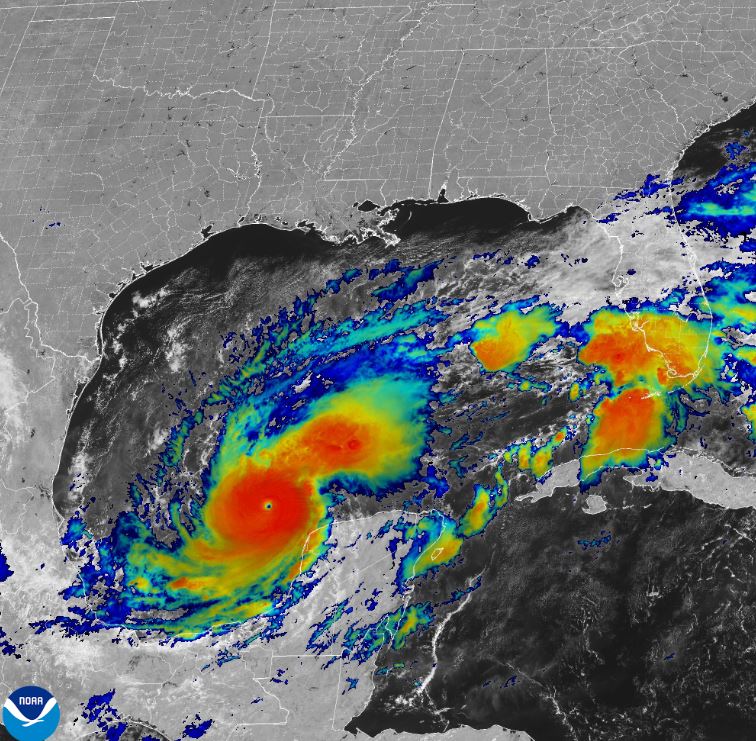
As Florida braces for Hurricane Milton, the state is grappling with the compounding effects of back-to-back storms. The lingering debris from Helene could escalate the destruction Milton brings, turning the storm into an even deadlier force. With extensive preparations underway, Florida officials are racing against time to minimize the potential for further devastation. As Milton closes in on the state, the danger from both the storm and the debris it could mobilize remains a stark reminder of the ongoing challenges Florida faces in this unprecedented hurricane season.

